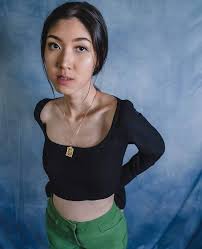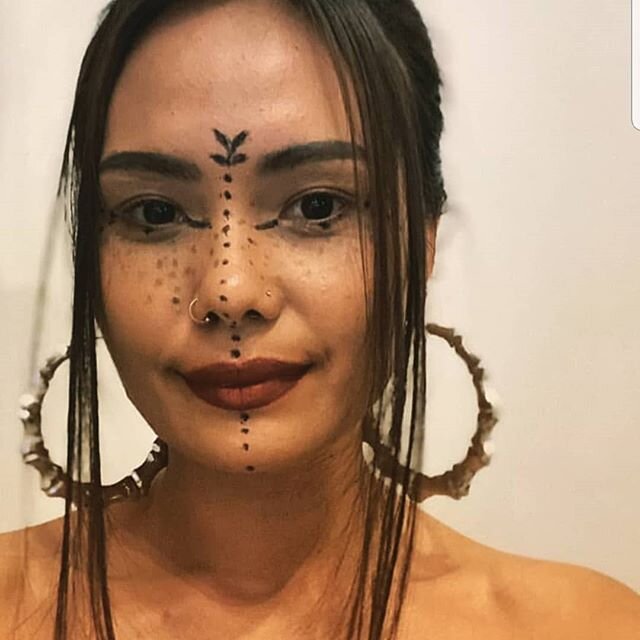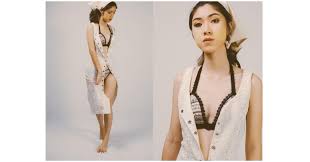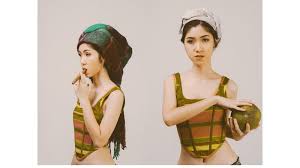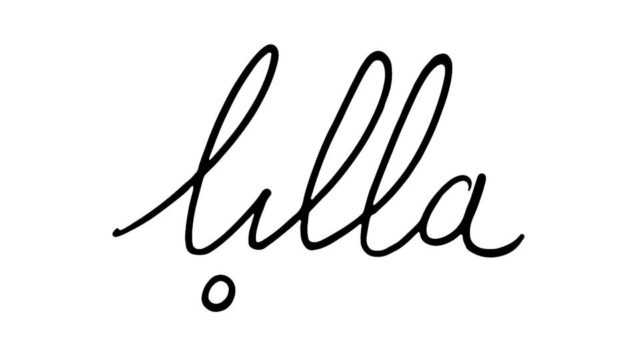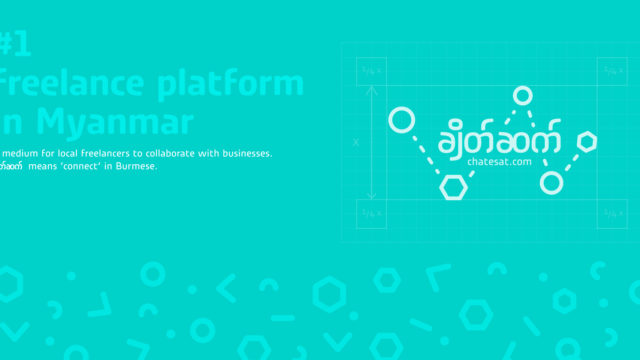We met Julia, who has been linving in Yangon for 4 years and is the founder of her brand Jamunmai. From a simple passion for local handcrafts knowledges, to a fashion brand: how did Julia started her business in Yangon?
Can you introduce yourself quickly, how did you get to South East Asia, and more specifically to Yangon?
“My name is Julia, I went to a design school in Paris, and during my studies I became passionate about traditional know-how in the world. So I went on an exchange in Uzbekistan which brought me a lot. Then I got involved in an NGO in Cambodia whose mission was to help get children to school, then I arrived in Myanmar for a 7-months civic service. During these 7 months, I was helping to train sewing and handicrafts for outlying minorities. When I returned to france after my mission, I had two feelings: the first one was that I loved the country and the second one was some deception as the project did not survive me. So I decided to come back, and I’ve been here for 4 years now. “
How did Jamunmai arrive?
I returned to Burma with the inspiration I had from my first stay. So I didn’t come back by chance, I had a rather precise idea in mind. I wanted to create a Burmese clothing brand for Burmese, this period was quite hard because I sold few clothes, I didn’t speak the language, I had to create my collection… then I realized that I had not the right target. One day an expat friend of mine asked me to make him some underpants, so I took a fall of a Longyi (traditional Burmese men’s clothing) that I transformed into underpants. By word of mouth, many expats started asking me for underpants, so I realized that I should not make clothes for the Burmese, but rather focus on expats and tourists.
So you’ve completely changed your initial idea, what were the other steps in the development of Jamunmai?
I would say that Janmunmai evolved in 3 different ways:
- The first one is when I made clothes for friends and for friends’ friends, i sold them only by word of mouth. If sales were going well by word of mouth, it was because these clothes were in response to a demand.
- The second one would be when I started selling in a shop: Hla Day, so I was entering into a retail phase. An expatriate created this shop to show clothes made from local handicrafts, so my clothes were perfect for the shop.
- The third one would be when I became a supplier for the famous hotel “Inle Heritage”, thus entering the BtoB side.
So you diversified your business to access a BtoB market?
“Yes, in the beginning, the hotel bought clothes from me to sell them in its boutique, which was justified because part of my collection is made next to Inle. Then, one thing lead to another, the hotel asked me to make bathrobes and a uniform, and then to create specific clothes for him: especially clothes with cats, because the hotel is located on a famous island full of cats. On the other hand, this collaboration made me become a service provider, which makes things easier at the administrative level. The license needed to be a service provider is much cheaper than the license needed to be a retailer.”
Has the economic and social context of the country made things easier for your brand?
In Burma, fashion is almost non-existent: only a few global brands sell their products here, they are old collections. On the other hand, the Burmese don’t necessarily have the means to buy the brand. In this context, a brand inspired by Burmese colors and patterns, while remaining in line with international fashion standards, was deeply missed by expats and tourists.
What are the perspectives of evolution for your brand Jamunmai?
I am currently preparing my departure from Burma. In comparison to 4 years ago, I am taking the time to get my actions to survive me. To do this, I am developing another brand that will gather all my activities related to the hotel business, and “basic” ready-to-wear. I will bring with me Jamunmai, which will be my fashion focused brand, Jamunmai is the fruit of my creativity.
Where are you going, what are your next projects?
Yangon is a city full of opportunities and I really enjoyed my 4 years there. With the separation of my brands, I’m looking for a more central city for fashion, I’m thinking of Bangkok for example. I think I can boost my creativity in a more fashionable environment. On the other hand, I would really like to export the concept of what Jamunmai is today to other countries, other cities, in order to highlight other craftsmanship.
Could you give us some figures about Janmunmai?
Today Jamunmai is a brand that sells about 4000 pieces a year, which represents a turnover of approximately $12,000. The challenge is to keep this turnover after my departure from Myanmar, I will never be far from Yangon anyway, so I will be able to come here check.
Would you have a piece of advice for a young entrepreneur who would like to come to Myanmar?
Be patient, I think that’s really the most important advice. It is really hard to work along with the Burmese with our European standards. Patience is therefore an essential quality to have in order to adapt to the culture and not to impose standards that are different from the Burmese ones.
If you want to learn more about her brand, you can visit her website: https://jamunmaiburma.com/
And if you want to read another story on a brand created in Yangon, you can read our article on lilla: https://rocketbike.org/en/julie-garnier-lilla/


